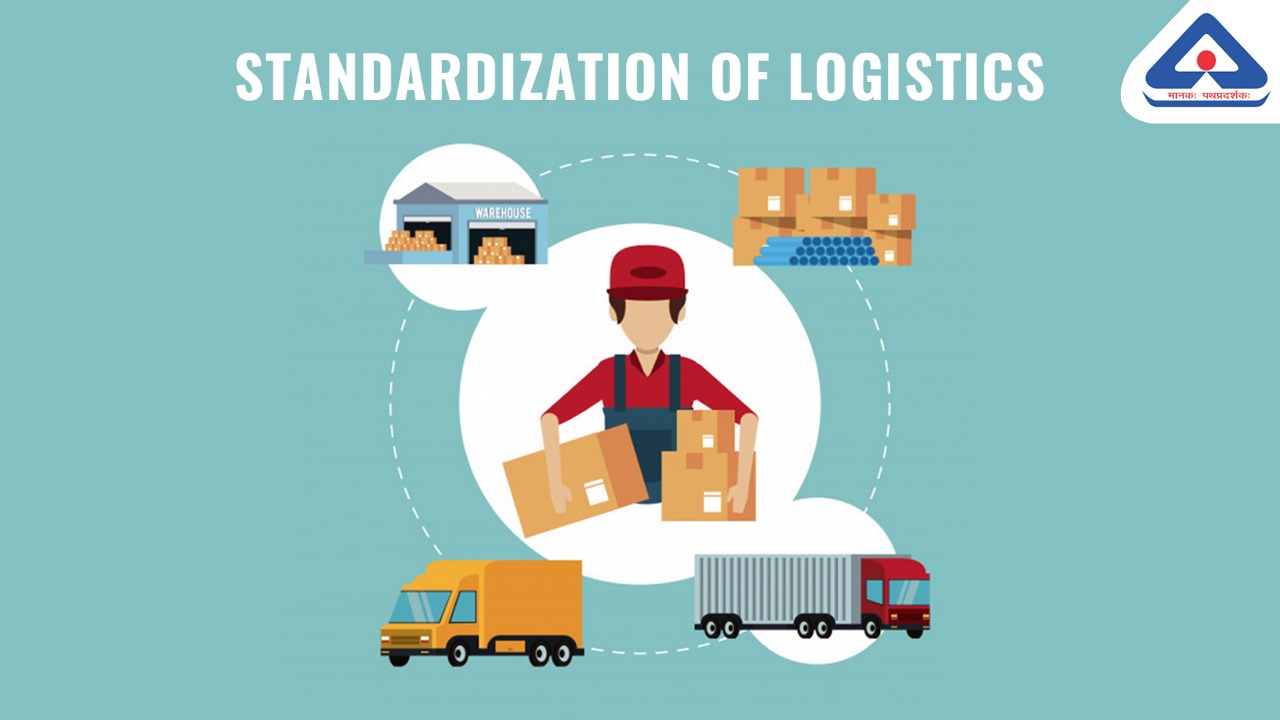

Logistics is one of the rapidly growing sectors of India and a key contributor to a country’s economic growth. The Indian logistics sector is estimated to be $160 billion and is expected to grow in the next two years. The growth of retail, e-commerce, and manufacturing sectors have increased the pace of its growth and also led to its expansion. Needless to say, logistics plays a crucial role in the supply chain. In the process of optimization of the supply chain, industries and educationalists are often being challenged with problems of this growing sector.
Challenges in the Logistics Sector
Often the sectors experiencing such rapid demand and growth are being posed with challenges also. The logistics industry is no different. While moving towards a sustained growth of any sector, we often tend to alter our environment. There is a great need for Green Logistics in our country, minimizing the carbon footprints.
This industry (Logistics) covers a range of sectors involving warehousing, packaging, material handling suppliers and logistics service providers. With so much product and information flow in the supply chain, it is a major challenge for this industry to integrate all of its sectors. The integration of all of its sectors is necessary as it will ensure a seamless supply chain. Major leading countries are following an integrated approach towards logistics, our country must move towards such an approach to reap the benefits of this industry efficiently.
The need for digitization in logistics is important to bring transparency and faster processing. Currently, stakeholders of this industry are having their own way of processing information. Agencies involved in certifications and their information are not available in one place. This arises a need for common Logistics e-portal, where all information and certification details are available and this will surely reduce the data processing and accessing time. This e-portal can connect logistics service providers, transporters, storage providers and government agencies and work towards simplification of processes for transparency and faster clearances.
Adding to the above challenges, currently, there is also a need to have a common portal that tracks and analyzes the key drivers of logistics sectors. I feel there is huge scope to compile, standardize and bring uniformity in the data analytics of the logistics industry.
Development and advancement in ICT have greatly impacted the logistics sector, shifting the focus towards digitization and electronic media. Adding Artificial Intelligence and Machine Learning to data analytics can provide great results to this ever-growing industry. In the era of Industrialization 4.0, the logistics industry needs to accelerate its pace towards digitization and automation.
What “standardization in logistics” really means
Having talked about the challenges this industry is facing, it is also equally important to look for their solutions. Upon looking at those challenges in a broader scope, Standardization in the logistics industry seems to be a topic that needs our attention.
Standardization can help to maximize compatibility, interoperability, repeatability, and quality. Since the current unorganized logistics industry connects a range of sectors, it is necessary to have integration among all sectors for a better flow of information. Standardization can play a vital role in bringing uniformity in practices adopted by various sectors. This can help in better data tracking and processing and can be a potential solution for improving the supply chain.
There are enough data available on the internet which shows that lack of standardization results in inefficient logistics operations which led to increased logistics cost. To sustain high global competition, countries must reduce their logistics costs through logistics standardization. Therefore there is a need to look for standardization in the whole spectrum of this logistic industry i.e. packaging, labeling, container standardization, process standardization, and ICT standardization.
How it can be achieved
The National Standard body of India, Bureau of Indian Standards (BIS) has identified Logistics as one of the fastest-growing sectors of our country and the importance of standardizing the various aspects of it. The sectors connect a spectrum of various other sectors and their growth is interdependent. In an effort to harmonize the process of standardization, the National Standard Body has identified various domains which need to be standardized in order to benefit the logistics industry.
To promote Green logistics, BIS has taken steps to standardize the code of practice, fuel components of vehicles using Compressed Natural Gas. Recent developments in the field of Electric vehicles have impacted logistics a lot. BIS is working towards the standardization of safety and test requirements of electrically-propelled vehicles.
Looking at the needs and demand of transport packages, freight containers and packaging and pallet safety, BIS is continuously working towards the standardization of related equipment. Packaging and transportation standardization is primarily targeted with standardization of package size, weight, material, recycling guidelines and size of freight containers. Standards have been developed in classification, handling, securing, coding identification, pictorial marking and test methods of freight containers. Along with these, Standards on Flexible Intermediate Bulk Containers (FIBCs) and packaging codes of various products have been developed. To make our logistics automated and smart, standardization in areas of Radio Frequency Identification (RFID), Automotive Tracking Device (ATD) and Reverse Parking Assist System (RPAS) are important to effectively use these technologies.
Long way to go
I strongly believe that our objective should be towards promoting interchangeability and assuring linkages among various sectors. I must say that the main goal of standardization in the logistics sector is to eliminate redundancy, waste and improve its efficiency. On a larger scale, this improved efficiency in logistics will lead to increased competitiveness of our country on a global scale. A lot has to be done to harness the untapped potential of this unorganized sector and joint efforts across all sectors are required.
Written by:

Gaurav Raj
Young Professional,
Transport Engineering Department, BIS
Go Back
Comments
Title : 3 thoughts on “How standardization of logistics can impact supply chain”
The idea behind mooting a Logistics e-Portal will definitely change the everall structure & time in transportation sector. A common online platform where all transporters registered with State/Central Govt. will help movement of goods in an efficient manner. Apart from this various other initiatives like Fastags, RFID, ATD, GPS trackers etc.are already in place in developed countries.
I loved your article it help me to make standardization steps for my company.
Keep writing these kinds of blogs will be more helpful for people like me.
The Ministry of Land, Infrastructure, Transport and Tourism of Japan is involved with ASEAN in setting standards for cold chain transport.
They have employed the British Standards Institute to develop BSI PAS 1018:2017 (https://www.youtube.com/watch?v=kDTUJxOZXd0) and have published a document “ASEAN-Japan Guidelines on Cold Chain Logistics” https://www.mlit.go.jp/common/001266802.pdf
One of the current tasks is to describe the Indian system for standards setting, Your web site has good documentation of this. From your description above, it seems that there is an aspiration to work on logistics standards but no active effort.
I would like to provide them with an accurate description of the standards development process. I would appreciate the chance to discuss this with you.
Please contact me by email to follow up.
Thank you,